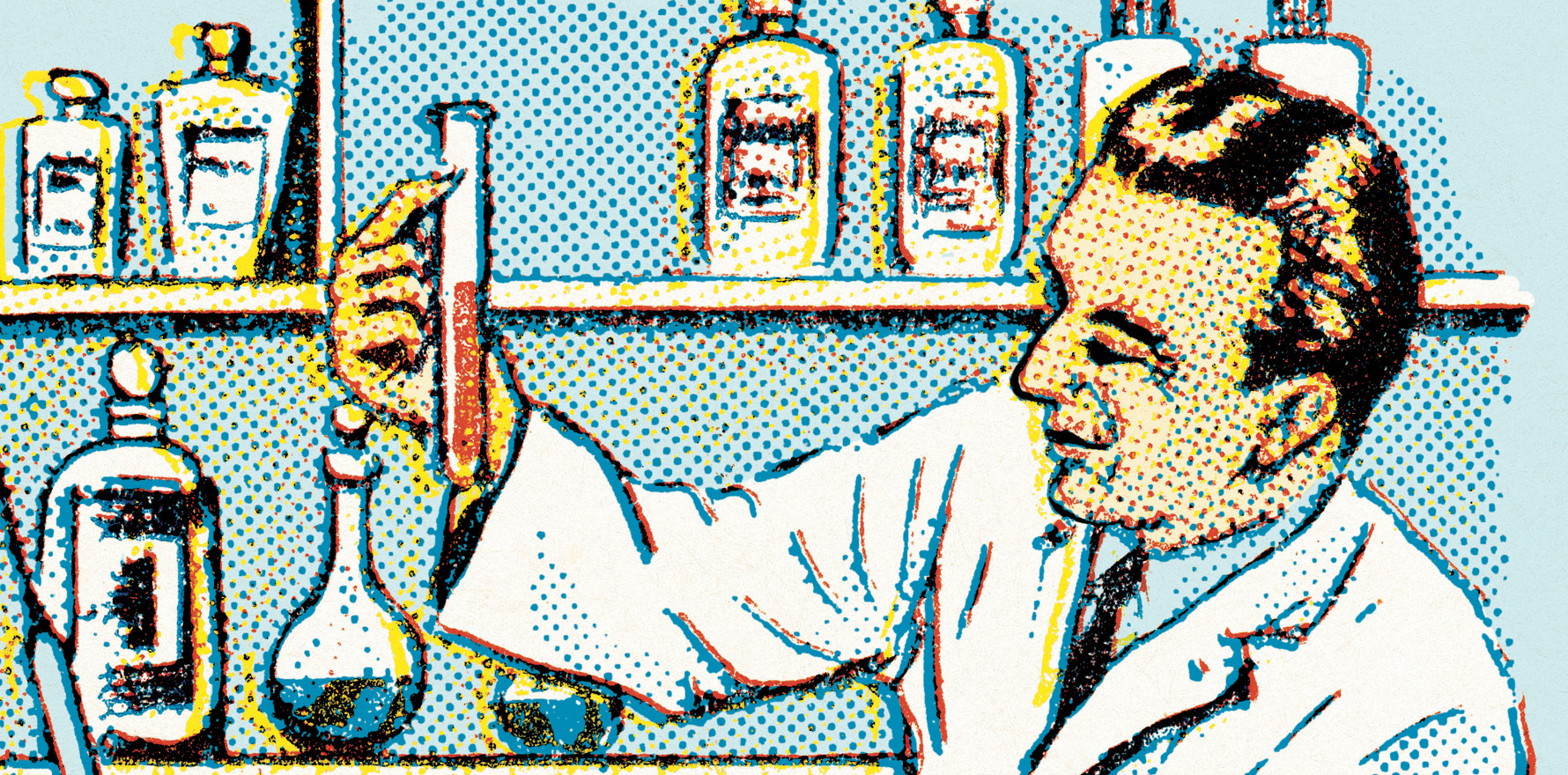Australia can be slow off the mark compared to its international counterparts when it comes to approving therapeutics. So, what’s the case for personal import?
An ethical case can be made for the personal import of therapeutic drugs that have not been TGA approved into Australia, says USyd bioethicist.
But not everyone agrees.
Speaking at the Royal Australasian College of Physicians Congress panelists were at odds over the legality of patients importing medicine that were not approved by the Therapeutic Good Administration into Australia.
“I’d dob them in to customs,” said Australasian Society of Clinical and Experimental Pharmacologists and Toxicologists president Associate Professor Bridin Murnion.
“There are certain regulations that you have to comply with to import medicines and with the greatest of respect, an individual should not be importing a medicine is my understanding, legally.”
Haematologist and professor of bioethics and medicine at the University of Sydney Professor Ian Kerridge said that from his understanding, there were ways to do it legally.
“If there’s an approved medication say in the United States, there’s a range of importers that can provide [Australian patients] these medicines,” he said.
According to the TGA, patients can import up to a three-month supply of an unapproved therapeutic good (at the maximum dose recommended by the manufacturer) for personal use or for use by an immediate family member.
“If the goods are medicines in schedule 4 or 8 of the Poisons Standard, a prescription from an Australian-registered medical practitioner is held for the medicines,” reads the TGA website.
“If you wish to bring more than three-month supply into Australia, an Australian-registered doctor will first need to apply to the TGA for Special Access Scheme approval.”
Physician, medical researcher and philosopher at Monash University Professor Paul Komesaroff, who chaired the session, said irrespective of legality, the questions remained an ethical conundrum.
“The question from an ethical point of view is what position should we take if someone says, ‘I’m desperate, this is a drug that I feel I need, I’ve researched it in the world literature and it’s available in Brunei, or wherever, I’m going to import it’,” he said.
Professor Kerridge said that, in his opinion, there was an ethical case to be made.
“Tyrosine kinase inhibitors were available abroad years before they were in this country for chronic myeloid leukemia and they’ve transformed the management of the condition and transformed life expectancy to approaching normal life expectancy,” he said.
“If a patient was to say, ‘[this medicine] has been approved by the European Medicines Agency and by the Food and Drug Administration, it is not approved here but I can get it at low cost by importing it myself’, I think as long as they are aware that they may not be able to satisfy the same requirements of safety and even the integrity of the product – and I think these are genuine concerns – then with those caveats I would think an ethically reasonable case could be made [for import].”
Clinical ethicist Dr Linda Sheahan said the ethical considerations of personal import encompassed those of self-funding any drug.
“It’s also on the spectrum of all the ethical considerations that come with self-funding medications, full stop,” she said.
“So all those things that become relevant with self-funders because there’s no proportional harm to the system, or cost to the system.
“As well as the fact that we’re sidestepping any version of regulation and oversight that you’ve built in this country to look at safety, equity of access, those are the kinds of principles.
“So, it’s a huge question.”
There may also be a wider cost to the trustworthiness of Australia’s system of drug regulation, added Professor Kerridge.
“I find that really challenging,” he said.
“I’ve got quite a number of patients who do purchase their medications from overseas because they know that a triplet [chemotherapy] combination for myeloma works better than a doublet but the way [Australia’s] system is restricted you can only get access to certain chemotherapy at certain point of your disease trajectory.
“Which makes no sense but it’s the way that it happens here.
“So, they order from overseas.”
But it is ultimately the Australian health system that must deal with the outcome, should the treatment go awry.
“If the drug doesn’t work or it causes harm, then that whole system has to pick up the pieces,” said Professor Komescaroff.
A number of delegates shared their experiences with patients importing unapproved drugs into Australia, such as the new anticonvulsant for epilepsy called cenobamate, which is available in US and Europe.
Related
But speaking on the importance of drug administrations to the integrity of a nation’s drug supply, professor of epidemiology and public health at the Australian National University Professor Emily Banks said although they may be the “fun police”, drug regulators save lives.
“In the 50s and 60s and beyond, there was a drug called thalidomide, which was licensed in 46 countries,” Professor Banks told delegates in the RACP Congress session on public health.
“The company that made thalidomide applied six times to the FDA to have it licensed.
“Frances Kelsey [who worked at the FDA at the time] said the safety of this medication has not been proven, and thalidomide was never licensed in the US.
“Thalidomide as it stands, resulted in an estimated 100,000 pregnancy losses and at least 10,000 people affected with the characteristic congenital abnormalities.
“Things could have been much worse, and in fact, the thalidomide incident led to the formation of many drug regulatory authorities worldwide, including our own TGA.”
The RACP Congress 2024 took place at the Sydney ICC on the 16 and 17 May 2024.





